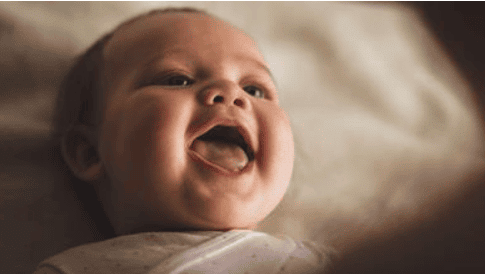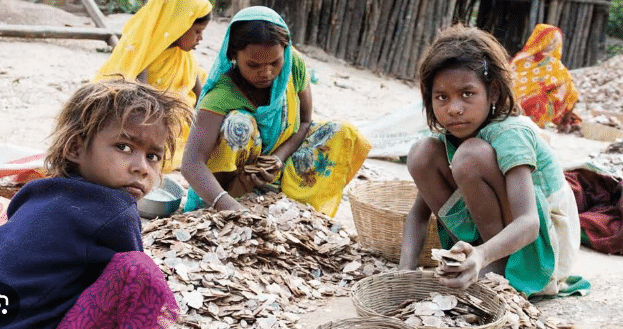|
Card: 1 / 30 |
What does the poem suggest about the nature of adults and their impact on children? |
|
Card: 2 / 30 |
The poem suggests that adults are hypocritical and their actions often do not align with their words, which influences and manipulates the innocence of children.  |
|
Card: 3 / 30 |
Fill in the blank: The poet expresses surprise that there is no ___ and ___ in geography. |
|
Card: 5 / 30 |
True or False: The poem portrays childhood as something that can be easily preserved in the face of adult hypocrisy. |
|
Card: 6 / 30 |
False. The poem indicates that childhood is often lost due to adult manipulation and hypocrisy. |
|
Card: 8 / 30 |
The poet wants readers to recognize and reconnect with their lost childhood, which can be seen in the innocence of infants. |
|
Card: 9 / 30 |
What realization does the poet express about Hell and Heaven in relation to geography? |
|
Card: 10 / 30 |
The poet realizes that Hell and Heaven are imaginary concepts that cannot be found in geography, marking a loss of childhood innocence. |
|
Card: 12 / 30 |
The poet suggests he lost his childhood when he began to see that adults did not act lovingly despite preaching love.  |
|
Card: 13 / 30 |
The poet indicates that his childhood went to a forgotten place that is hidden in ___'s face. |
|
Card: 16 / 30 |
False. The poet does not express regret but instead treasures the memories of his childhood. |
|
Card: 18 / 30 |
The poet means that he gained the ability to think independently, creating his own thoughts rather than adopting those of others, marking a significant moment in his transition from childhood. |
|
Card: 19 / 30 |
What does the poet suggest about the experience of losing childhood innocence? |
|
Card: 20 / 30 |
The poet suggests that losing childhood innocence is a universal experience that everyone undergoes as they grow up, highlighting the disillusionment that accompanies this transition. |
|
Card: 21 / 30 |
The theme of the poem revolves around the loss of childhood innocence in the face of ___ and ___. |
|
Card: 23 / 30 |
True or False: The poet believes that adults always act in accordance with their words about love and goodness. |
|
Card: 24 / 30 |
False: The poet points out that adults often act in ways that do not match their words. |
|
Card: 25 / 30 |
What literary device is exemplified by the phrase 'When did my childhood go?' and how does it contribute to the poem? |
|
Card: 26 / 30 |
This phrase uses rationalism to reflect on the poet's realization of losing his childhood, emphasizing the transformative moment of awareness. |
|
Card: 27 / 30 |
Fill in the blank: The overall message of the poem is to cherish the simplicity of childhood, even though it is something we cannot ___ forever. |
|
Card: 29 / 30 |
What role does individuality play in the poem according to the poet's reflections? |
|
Card: 30 / 30 |
Individuality reflects the poet's realization of his own perception and the ability to produce his own thoughts, marking a significant step in his maturation. |

























